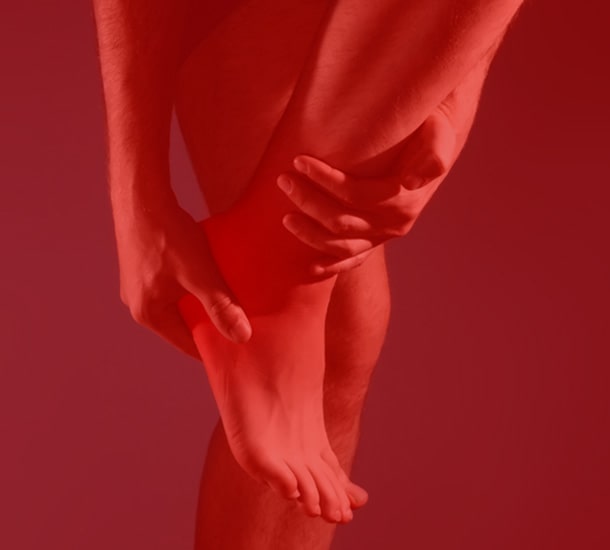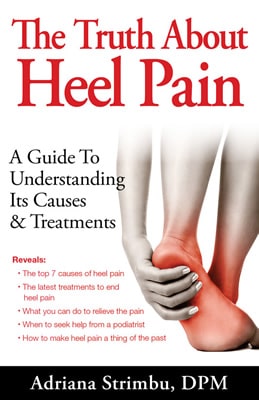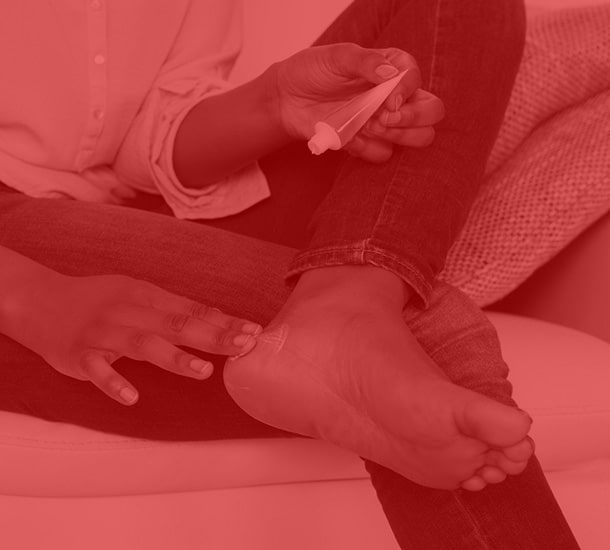
A diabetic ulcer is an open sore on the skin of someone with diabetes. The wounds are partial or full losses of skin that often occur on the feet. Diabetics are at higher risk of foot abnormalities, including foot ulcers, because they often have peripheral neuropathy or nerve damage in the feet and constricted blood flow caused by peripheral arterial disease. It would seem as if these ulcers would be painful, however, those with diabetes often have decreased sensations in their feet, so they might not feel them. Among a variety of ways diabetics can prevent such ulcers include managing blood sugar levels, trying to exercise regularly, losing weight, stopping smoking if applicable, and practicing good routine foot care. The important thing is to detect such sores as soon as possible and have them treated to halt complications, such as infection, amputation, and worse. Recurrence of these sores is common. If you are a diabetic, it is strongly suggested that you include a podiatrist among your healthcare providers to have regular foot exams and treatment of anything suspicious, such as foot wounds.
Wound care is an important part in dealing with diabetes. If you have diabetes and a foot wound or would like more information about wound care for diabetics, consult with Adriana Strimbu, DPM from Complete Foot & Ankle Care. Our doctor will assess your condition and provide you with quality foot and ankle treatment.
What Is Wound Care?
Wound care is the practice of taking proper care of a wound. This can range from the smallest to the largest of wounds. While everyone can benefit from proper wound care, it is much more important for diabetics. Diabetics often suffer from poor blood circulation which causes wounds to heal much slower than they would in a non-diabetic.
What Is the Importance of Wound Care?
While it may not seem apparent with small ulcers on the foot, for diabetics, any size ulcer can become infected. Diabetics often also suffer from neuropathy, or nerve loss. This means they might not even feel when they have an ulcer on their foot. If the wound becomes severely infected, amputation may be necessary. Therefore, it is of the upmost importance to properly care for any and all foot wounds.
How to Care for Wounds
The best way to care for foot wounds is to prevent them. For diabetics, this means daily inspections of the feet for any signs of abnormalities or ulcers. It is also recommended to see a podiatrist several times a year for a foot inspection. If you do have an ulcer, run the wound under water to clear dirt from the wound; then apply antibiotic ointment to the wound and cover with a bandage. Bandages should be changed daily and keeping pressure off the wound is smart. It is advised to see a podiatrist, who can keep an eye on it.
If you have any questions, please feel free to contact our office located in Hallandale Beach, FL . We offer the newest diagnostic and treatment technologies for all your foot care needs.





